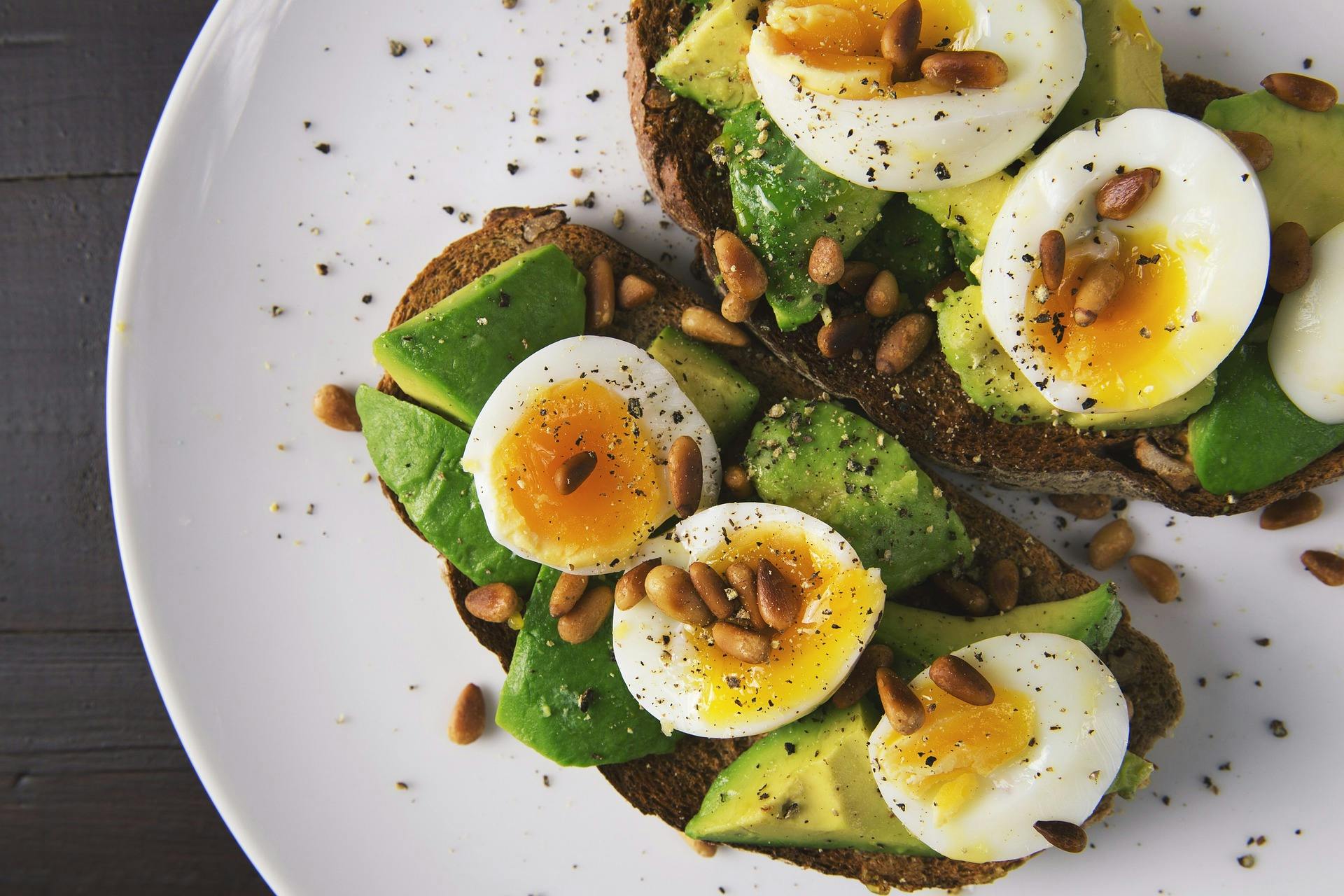It's that time of year again! As cooler weather brings relief from the brutal heat from the past few months, moms get their medicine cabinets ready as kids start getting sick. If you have multiple children like me you probably have a domino effect, which is not fun! Knowing how stressful this is, I wanted to bring some tips on steps to strengthen the immune system of the whole family. A healthy diet that provides all the vitamins and minerals the body needs is essential to a strong immune response. It is important to understand the connections between what you eat and how it will impact your cells and tissues, including those responsible for fighting disease.
The first one is to keep hydrated and add electrolytes to your water.

First, let's talk about water quality. If you check the EWG tap water database and add your zip code you will be - not pleasantly - surprised about what chemicals you might be drinking (if using tap water). Filtering your water is one of the most important steps for your health, since the human body is made up of 55-60% of water, we need to drink lots of it! The deal with electrolytes is that filtered water removes not only the chemicals but also many minerals that are important for our health. Electrolytes supply part of these minerals lost in filtration and so important to truly hydrate our bodies, helping with the absorption of water. Consuming foods that have a high water content such as cucumbers and celery can help with hydration as well. Did you know our mucous membranes need to stay moist? Our lymphatic system also needs proper hydration to transport immune components. Hydration may seem something simple, but it's essential for our health.
Enjoy gut healing foods such as bone broth, dandelion & ginger tea.

Digestion and the gut are critical to healthy immune function. For example, if you don't have enough stomach acid your body won't be able to digest well and also kill the pathogens that might come along with some of the foods we ingest. If you have a leaky gut, most likely these pathogens will enter the bloodstream and travel through your body causing disease. By eating nutrients that support our gut we are also supporting the immune system. Bonus points for adding tea time to your routine with powerful healing contents such as dandelion and ginger. Pro-tip is avoiding adding any type of sugar to tea, since sugar suppresses immune function. Drinking a cup of bone broth is soothing and healing to the digestive system. You can make your own or you can conveniently buy at the grocery store (I recommend the Kettle & Fire brand, with high quality ingredients or the Trader Joe's ones, either chicken or beef, also with good ingredients and even better price!).
Consume food sources of antioxidants, such as berries, citrus, potatoes and cloves.

Antioxidants stabilize unstable molecules, reducing their capacity to damage cells and tissues. Foods high in vitamin C (citrus, sweet red peppers and broccoli, to name a few) increase white cell blood production, which is very important to fighting infections. Fat-soluble vitamins like A (carrots, spinach, sweet potatoes), D (sunshine, fish and eggs) and E (nuts and seeds) are also key to a good immune system response. It is important to mention that fat-soluble vitamins need healthy fats in order to be properly absorbed, so make sure to pair up your carrots with some hummus, or drizzle some olive oil on top of your salads, add some avocado slices or guacamole, or grass-fed butter to your potatoes (yum!).
Focus on eating balanced meals to avoid sugar spikes.

When we eat proper amounts of protein, fats and fiber this slows down the absorption of glucose into our bloodstream. Constant sugar spikes add stress to many organs and systems, including the white blood cells of the immune system. Some good examples of balanced meals are eggs, avocados and micro-greens on a piece of sourdough bread for breakfast, a hearty salad with greens, some fruit like blueberries or strawberries, pumpkin or sunflower seeds, lemon and olive oil dressing with grilled chicken for lunch, and some baked sweet potato with butter and some leftover grilled chicken from the lunch I suggested for dinner (this post is making me hungry!). The point of eating a balanced meal is that you will feel satisfied for a longer period of time, and won't have to worry about having a snack every few hours (which is usually a sign that you didn't have the right ratio of macronutrients in your big meals - I'm not saying all snacking is bad, this is also bio-individual and I would have to know your specific situation to properly give recommendations, but in general feeling hungry between meals usually means that you just didn't eat enough of fat, carbs and proteins).
Stress management: remove stressors to strengthen defenses.

Stress affects all body systems, so this includes the immune system. When cortisol levels are chronically high, inflammation also increases, suppressing the ability to fight off invaders. This is when some lifestyle practices are key: getting enough sleep, making sure you are avoiding blue light before going to bed or at least wearing some blue light blocking glasses to minimize the negative effects of screens and bright lights at night; moving your body daily, even if it is some gentle stretching, a walk around the block or something else you might enjoy (running, weight lifting, swimming). Movement is proven to reduce body levels of stress hormones like cortisol, so it is very important to add it to your routine. Having a conversation with a friend, laughing with your kids, trying to enjoy the little things in life can also have a positive effect on stress levels. And last but definitely not least: having some time with God, finding comfort and relief in His word, talking to Him. I can tell you by my own experience that He provides what we need if we ask Him ❤️
References:
Diabetes and your Immune System | CDC https://bit.ly/45OGbAI
American Psychological Association https://www.apa.org/topics/stress/body
Baptist Health, November 2020. How Does Stress Affect the Immune System? https://bit.ly/3QGeaqP
Nutritional Therapy Association, 2022. Immune Student Guide.
You Are What You Eat: Choose Foods that Boost Immunity and Fight Infection
UC Health, April 2020. https://bit.ly/40uV4Hp
